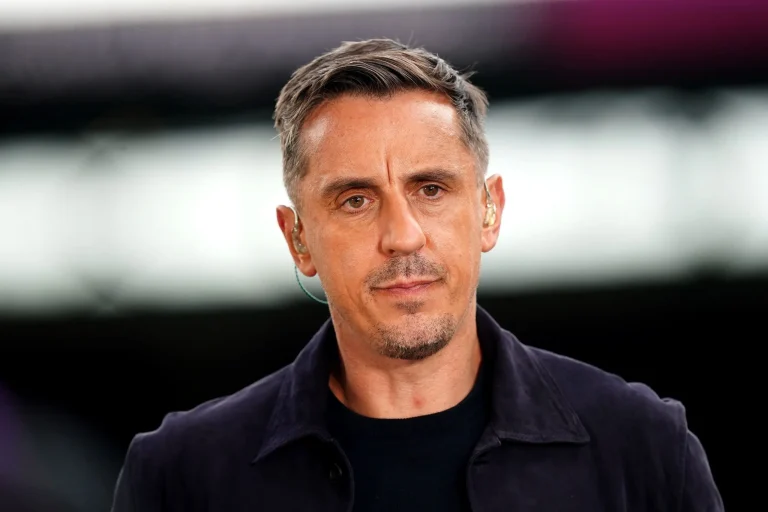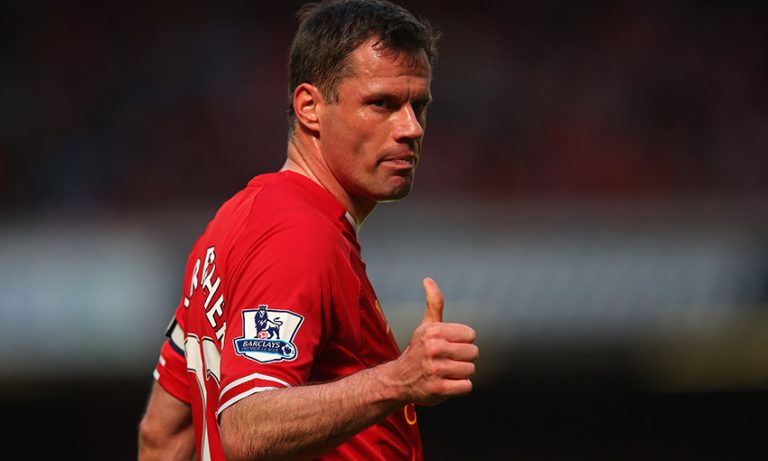
Key BBC figures at the centre of the corporation’s recent turmoil will appear before MPs on Monday as Parliament digs deeper into a crisis that has already triggered the resignation of the BBC’s director general and head of news.
Among those scheduled to testify is Michael Prescott, the former editorial adviser whose leaked internal memo criticised BBC journalism practices — including the controversial editing of a Donald Trump speech in a Panorama episode. Monday’s hearing will mark the first time Prescott publicly discusses the concerns he raised.
His leaked memo set off a chain reaction earlier this month, culminating in the departures of Director General Tim Davie and CEO of News Deborah Turness.
Also expected to face questioning before the House of Commons Culture, Media and Sport Committee are BBC chairman Samir Shah — under intense scrutiny for his handling of the crisis — and board members Sir Robbie Gibb and Caroline Thomson.
Caroline Daniel, another former editorial adviser, is set to give evidence later in the afternoon.
Growing Pressure and Governance Concerns
Monday’s hearing comes against a backdrop of growing tensions within the BBC Board. On Friday, board member Shumeet Banerji resigned, citing “governance issues” at the top of the organisation — a move BBC media editor Katie Razzall said “appears to be a direct critique” of Shah’s leadership.
Banerji’s exit has further amplified expectations for what is shaping up to be a critical appearance for Chairman Shah.
Sir Robbie Gibb, who previously served as a senior BBC editor and later as communications director for former Conservative Prime Minister Theresa May, is also expected to face probing questions about his role and influence.
In his letter to MPs following the Panorama controversy, Shah apologised for the “error of judgement” that resulted in two separate sections of Trump’s 6 January 2021 speech being edited together.
Prescott’s memo went beyond the Trump edit, raising alarms about what he described as “systemic problems” — including bias concerns in BBC Arabic’s coverage of the Israel–Gaza conflict and unbalanced reporting on transgender issues.
Committee chair Caroline Dinenage, a Conservative MP, said that while the resignation of Director General Tim Davie was “regrettable,” restoring confidence in the national broadcaster must take precedence.
“After the damage caused by what has become a seemingly constant stream of crises and missteps, the BBC Board must now begin the long process of rebuilding the corporation’s reputation at home and abroad,” she said.



